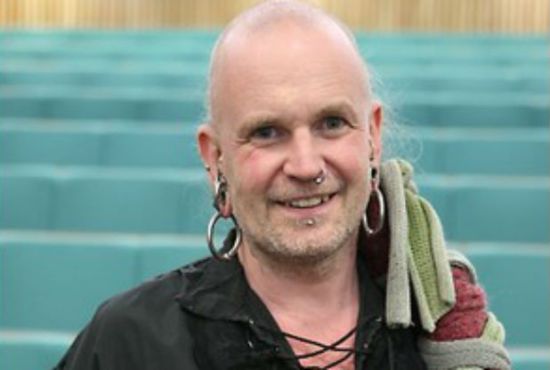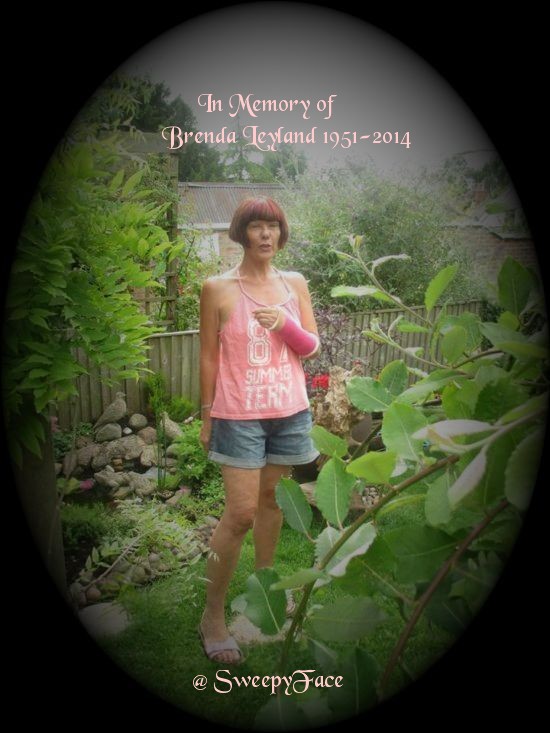|
Sending abusive messages to people over
the internet - or ‘trolling’, as it is
known - has made headlines over the past
few days following reports of vitriolic
abuse aimed at the parents of missing
Madeleine McCann.
It was revealed last week that police
are investigating people using the
anonymity of the web to target the
Rothley family, whose three-year-old
daughter went missing in Portugal in
2007.
As reported in the Mercury, another
tragic twist came on Sunday when Brenda
Leyland, of Burton Overy, who is alleged
to have tweeted 4,220 offensive messages
to the McCanns, was found dead in a
Leicestershire hotel room.
Professor Brian Brown, of De Montfort
University, specialises in interpreting
“human experience” across a variety of
different disciplines, including
education and the mass media.
The Mercury asked him why some internet
users chose to troll others online.
“I think the subject of internet
trolling, particularly with the
extraordinary growth in the everyday use
of social media sites such as Twitter
and Facebook is an interesting but
complex one,” he said.
“There has been very little research
into trolling, but a recent Canadian
study, published in Personality and
Individual Differences, the journal of
the International Society for the Study
of Individual Differences (ISSID), makes
interesting reading.
“What they did was to survey a few
thousand internet users asking them
about their behaviour and interactions
while online.
“It discovered that many people who
troll, which they define as the practice
of behaving in a ‘destructive, or
disruptive manner in a social setting on
the internet with no apparent
instrumental purpose’ share similar
characteristics.
“Many show traits of narcissism,
Machiavelli-like manipulation,
psychopathy, sadism and other antisocial
personality disorders.
“Although these were essentially
self-reporting questionnaires, the
answers can be very revealing.
“It seems a lot of people who troll take
great pleasure in manipulating others
and have a very well developed sense of
their own importance.
“But often, in reality, they are quite
vulnerable individuals themselves,
probably very isolated who don’t have
much positive interaction with people in
the real world, and who spend most of
their time online.
“The cloak of anonymity afforded by the
internet can be quite empowering for
these people.
“Real life is difficult – finding a good
job and keeping it is hard; raising a
family is hard; relationships are
difficult, especially romantic ones that
quite often don’t go the way we would
want.
“However, on the internet people can
create their own identity anew, often
several ones, where they can compensate
for their feelings of inadequacy. And
whilst they wouldn’t say boo to a goose,
face-to-face, they can indulge their
alternative persona online.
“The anonymity of the web means that,
more often than not, they will not be
exposed.
"We can see this extreme behaviour in
other forums, for example, when someone
enters a football stadium or wrestling
arena, the rules of engagement are
different, and some of the interaction
between fans, and performers, can be
viewed as extremely abusive.
“Similarly, with incidents where someone
is threatening to commit suicide from a
building or bridge and crowds gather,
you sometimes hear reports of them
shouting, ‘jump! jump!’, to the
individual.
“Research has suggested that this is
more likely if it is dark and the crowd
is large.
“As far as targeting celebrities, many
people feel they are fair game, as does
the tabloid media.
“And when you hear of famous people
shutting down their Twitter accounts,
for example, after just a few days, due
to abuse, those responsible realise how
their cruel behaviour can have a
powerful effect.
“They can make someone cry, make them
upset, get them to react.
“This almost instantaneous result feeds
and reinforces the antisocial behaviour
and there is instant gratification.
“They say, ‘Hey, I am powerful, look
what I’ve done’.” |



